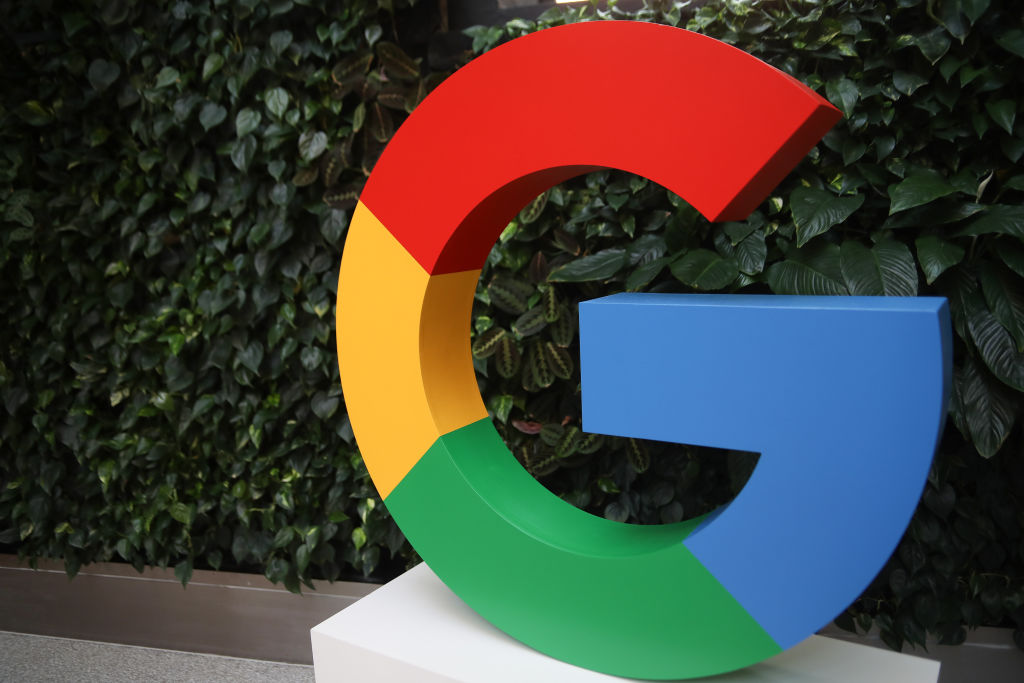Penske Media, owner of Rolling Stone, accuses Google of abusing search dominance by using AI Overviews that divert traffic and ad revenue from publishers. The lawsuit argues for compensation and protections for publishers and could reshape copyright and revenue models for news in the AI era.

Meta Description: Penske Media sues Google over AI Overviews, claiming the search giant abuses market power to divert publisher traffic and ad revenue through AI summaries.
The dispute between major publishers and search platforms has moved into the courtroom. Penske Media, owner of Rolling Stone and other outlets, has filed a lawsuit against Google alleging the company uses its search dominance to push AI Overviews that reduce traffic to original reporting. The complaint claims these AI summaries are diverting ad revenue and undermining the business model that supports journalism.
Google introduced AI Overviews to deliver fast, synthesized answers at the top of search results. While intended to improve user experience, these summaries can function as answer engines that remove the need for a click through to the original article. For publishers who depend on page views to monetize content, the consequence is direct revenue loss.
Publishers say their reporting and analysis are being repurposed into compact AI summaries without adequate attribution or compensation. That dynamic raises questions about copyright, content licensing, and fair competition. The complaint frames this as more than a traffic issue. It calls out alleged market abuse and forced participation that could set a legal precedent for how platforms use news content for AI features.
If the court finds in favor of Penske Media, the outcome could require search platforms to negotiate licensing or compensation when they synthesize publisher content into AI summaries. That would align with recent trends in other regions where tech platforms face rules to pay news organizations for content use. The ruling could reshape how publishers monetize news in the age of AI summaries and influence global policy on content rights.
As AI Overviews and other answer engines expand, publishers should adapt using search friendly tactics. Optimize content around user intent and long tail phrases such as "impact of AI on digital publishing revenue" and "legal challenges for news publishers in search." Use structured content like FAQ sections and concise meta summaries that are easy for AI systems and search algorithms to interpret. Focus on Experience Expertise Authority and Trust by citing reporting methods and providing clear attribution to strengthen credibility.
Other publishers and platforms are watching closely. Competing search providers that offer AI summaries may face similar legal and regulatory scrutiny. The outcome could affect how generative AI tools are allowed to ingest and repurpose reporting. Beyond legal remedies, the case is prompting publishers to revisit monetization strategies and to demand clearer attribution and compensation for AI derived value.
Penske Media versus Google is more than a dispute about traffic. It is a test of how AI integration will coexist with a viable news ecosystem. As the legal process unfolds, publishers, platforms, and policymakers will need to balance innovation in AI with fair treatment for original creators. The decision could redefine copyright norms and revenue models for news across the web, and shape how publishers protect and monetize their work amid rapid AI adoption.
Keywords and topics covered: AI summaries in news, AI Overviews, impact of AI on digital publishing revenue, legal challenges for news publishers in search, monetizing news in the age of AI summaries, copyright and content licensing, answer engines, publisher compensation.



